A television fixture for decades, Paul Montgomery, known as “Uncle Paul,” was more than a children’s entertainer.
by David Menconi
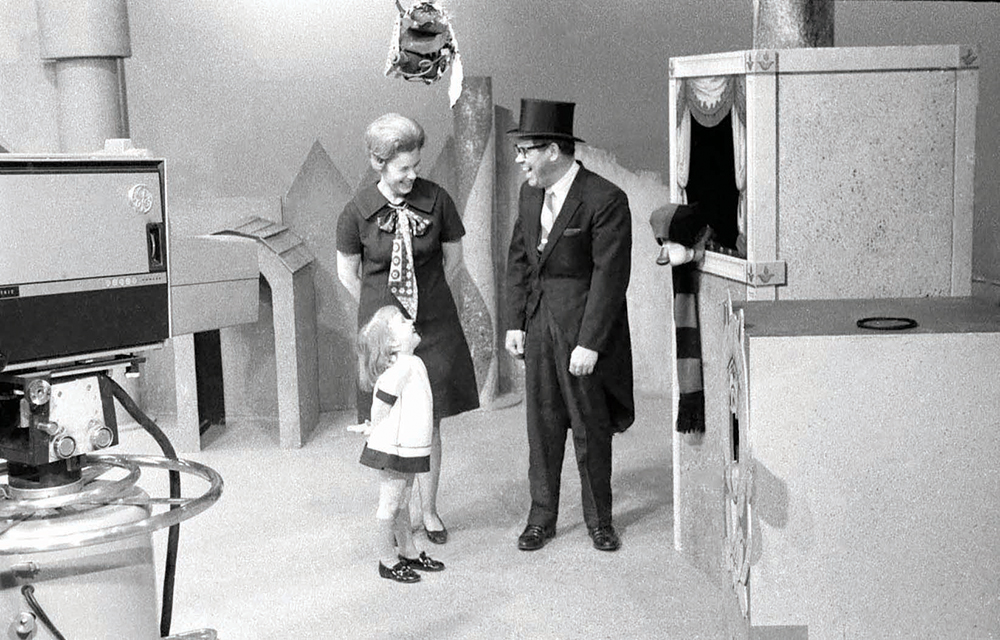
Generations of kids growing up in Raleigh between the early 1960s and early 1980s knew the late Paul Montgomery as Uncle Paul. Genial and avuncular, he served as host of the daily children’s program Time for Uncle Paul on WRAL-TV.
In a top hat, tails, and a wide smile, Uncle Paul interacted with puppets and recurring characters like Melvin the Mailman, read viewer mail between cartoons he’d introduce, and played the piano a bit. And during every show, Montgomery would lead the live studio audience of kids around the room in time to a Sousa march.
Most viewers probably never would have guessed that Uncle Paul was legally blind.
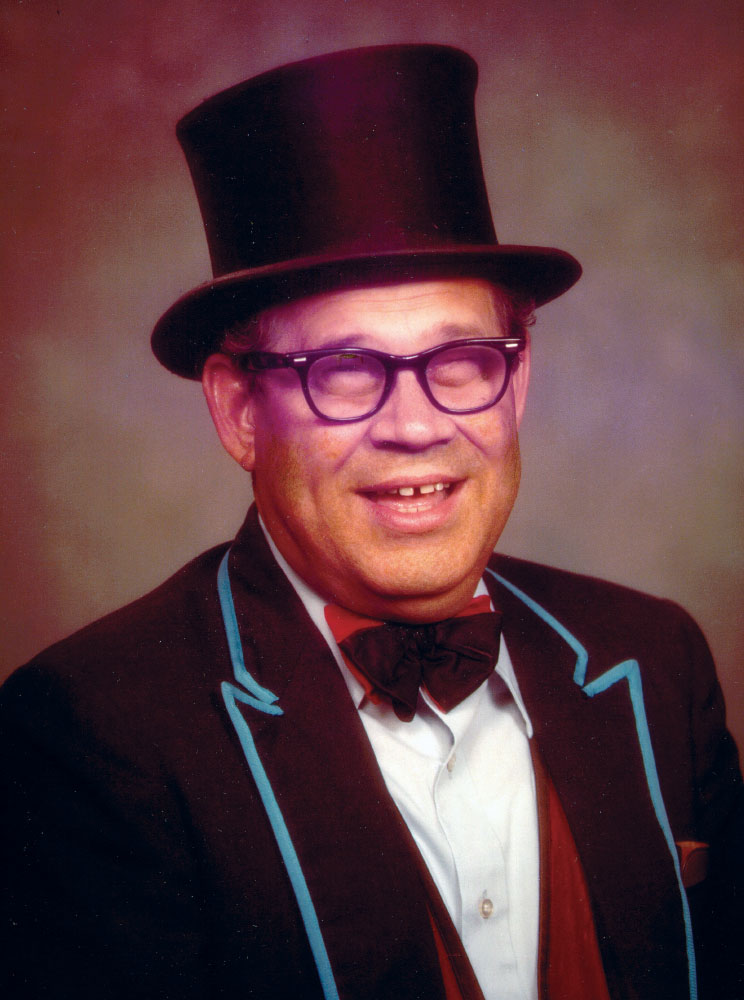
At one time, many American cities had a similar show on the big local television station, with a beloved host who came to feel like a member of the family. But Montgomery was unique, with an off-camera life as a musician that was legendary on multiple fronts.
A renowned jazz pianist, Montgomery was a linchpin of Raleigh’s jazz scene when it was centered around the Frog and Nightgown nightclub in the old Village Subway complex. His reputation went far beyond the city limits, too.
“He was at the most elite level, playing with friends like George Shearing and Alberta Hunter,” says North Carolina Arts Council executive director Wayne Martin, a longtime friend of
Montgomery’s. “Hanging out with Paul was incredible because of the people he knew, all these icons of the jazz world who knew and admired him. He was their equal and their friend. It’s amazing he was here in Raleigh for all those years.”
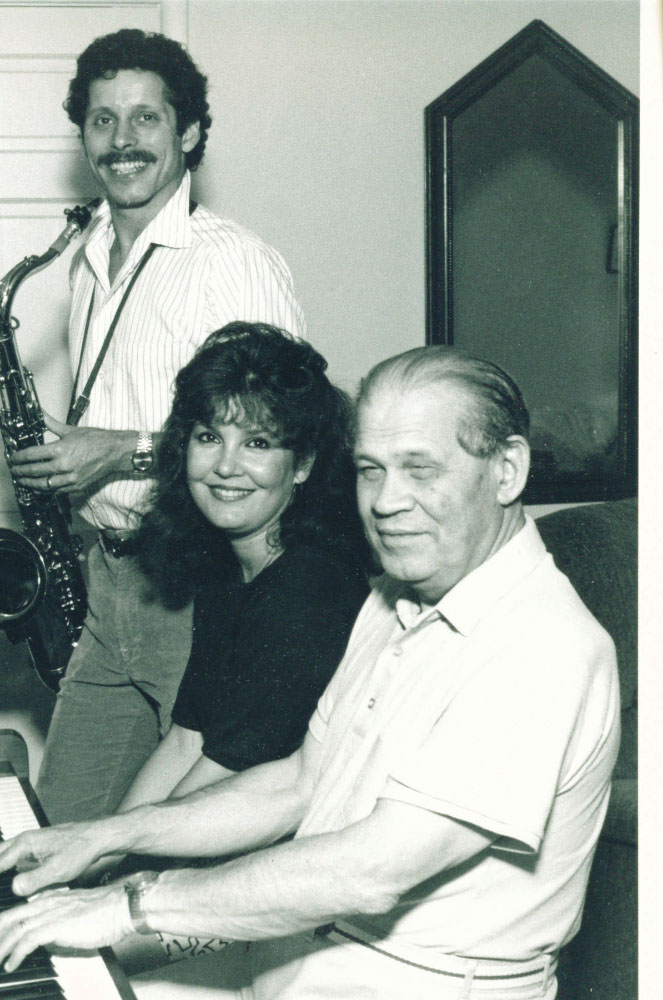
Montgomery’s musical interests weren’t limited to jazz. Born in 1924 in the small Rockingham County town of Mayodan, he grew up around old-time and early country music. He began playing that music himself at an early age, advertised as “the South’s youngest ace fiddler,” before eventually graduating to playing jazz on piano.
In the 1930s, Montgomery came to Raleigh to attend the Governor Morehead School for the Blind. One of his classmates was a young man from Deep Gap named Arthel Watson — better known as Doc Watson, one of the great flatpicking guitarists of the 20th century and a legend on the folk-festival circuit. They became lifelong friends at Morehead, especially after Montgomery helped Watson get started by showing him how to play the basic G, C, and D chords on guitar.
One morning not long after that, Watson was back home on school vacation and fooling around with a guitar one of his brothers had borrowed from a neighbor. Before leaving for work, Watson’s father, General, told young Arthel that if he learned to play a song by the time he got home, he’d buy him a guitar. Sure enough, Arthel had the Carter Family tune When the Roses Bloom in Dixieland down by that evening. He got his guitar — though he seemed to feel a bit guilty about having a head start, thanks to Montgomery.
“My brother and I idolized Paul because he’d known Doc at the MoreheadSchool,” says Ben Runkle, a longtime musician in numerous area bands, including New Deal String Band and the Bottom Feeders. “We just thought that was the coolest thing ever.”
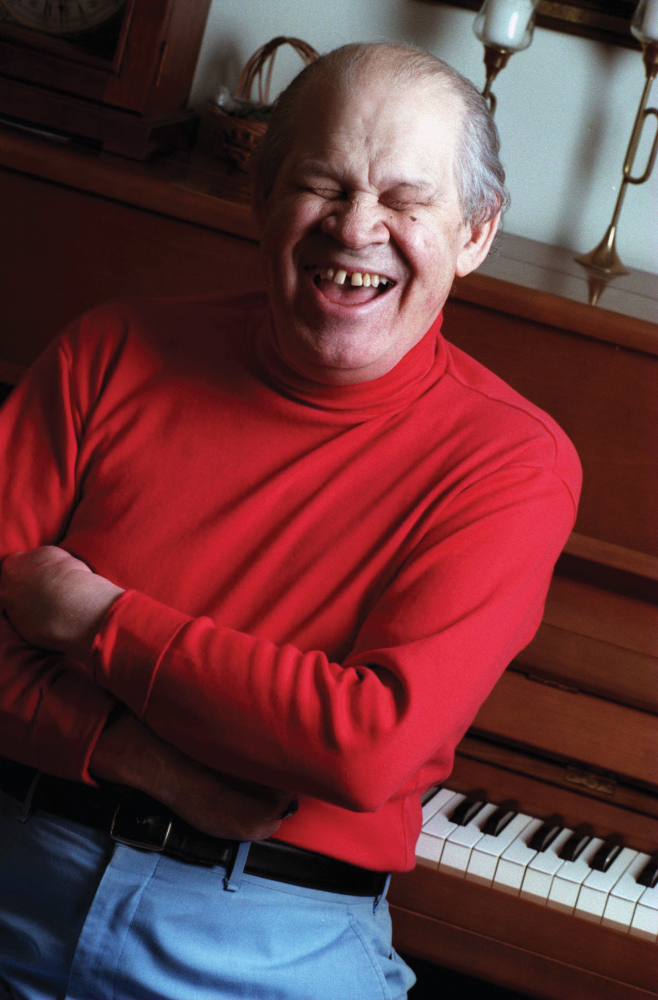
For those who knew about Montgomery’s musical exploits, his on-camera star turns as Uncle Paul seemed all the more amusing. “As Uncle Paul, it was like if Santa Claus had also been
Doc Watson,” says Martin. “He was incredible.” All the same, Montgomery never mailed it in.
“He never sold the audience short, the kids,” says photographer Jay Jennings, a WRAL coworker. “That’s a big part of being a pro, especially when you’re on the air five days a week for as long as he was.”
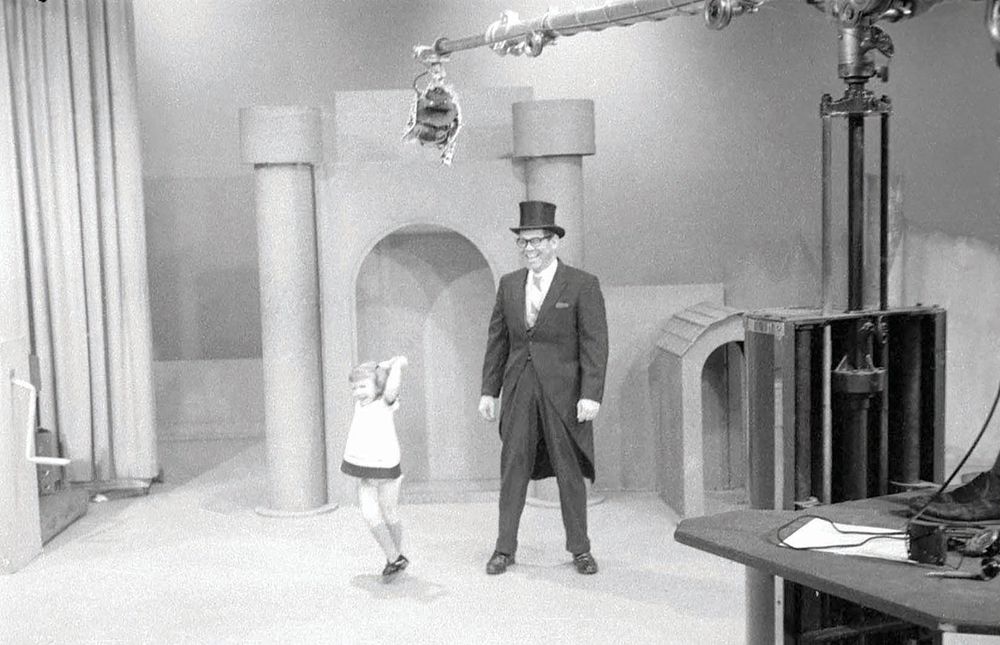
Montgomery started out in various announcer and in-house musician roles before Capitol Broadcasting tapped him for the children’s show starting in 1961. He hosted Time For Uncle Paul until 1981, stepping down rather than follow management directives to make the show more educational (and less fun, in his estimation). After that, he went back to playing music full time and had a fine run, passing on Christmas Eve 2002 at age 78.
“He was a jazz giant and also had exquisite, wonderful taste and talent in old-time music,” says Martin, who noted that Montgomery also played organ at the Lutheran church his family attended. “I never met a more talented musician — and Doc would’ve said the same thing. He was loaded with talent, taste, and joy. He was a great blessing for Raleigh.”



